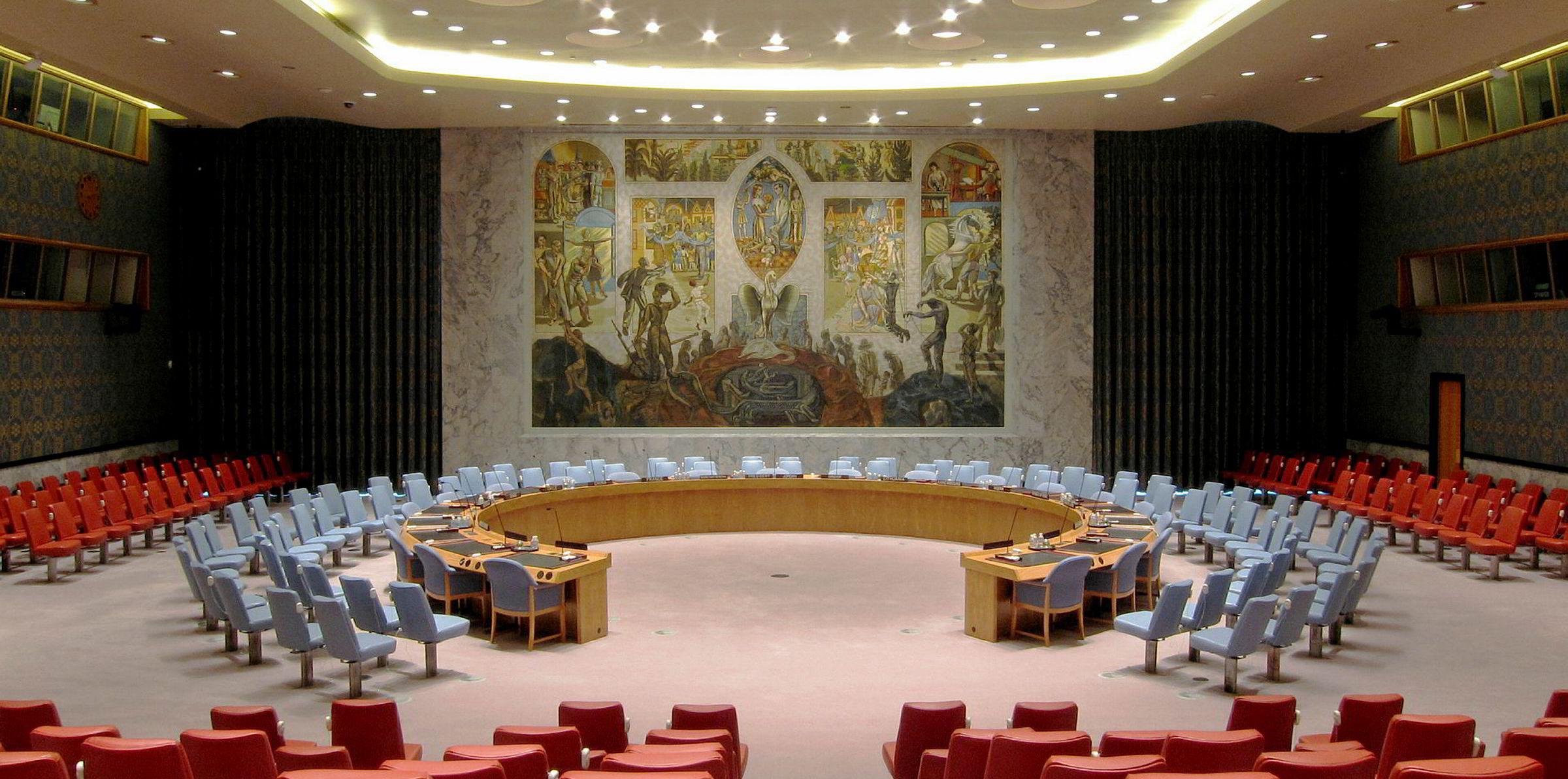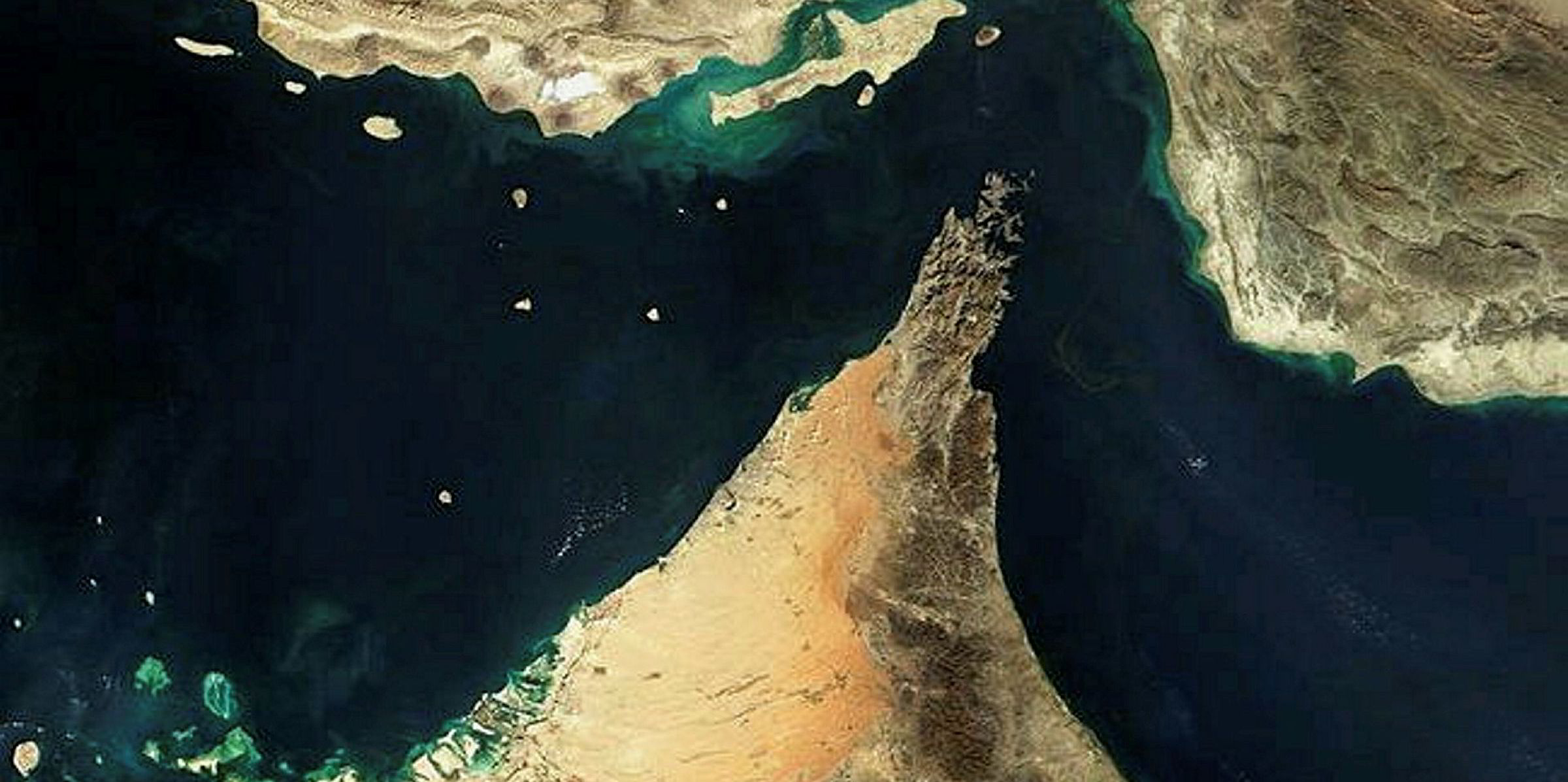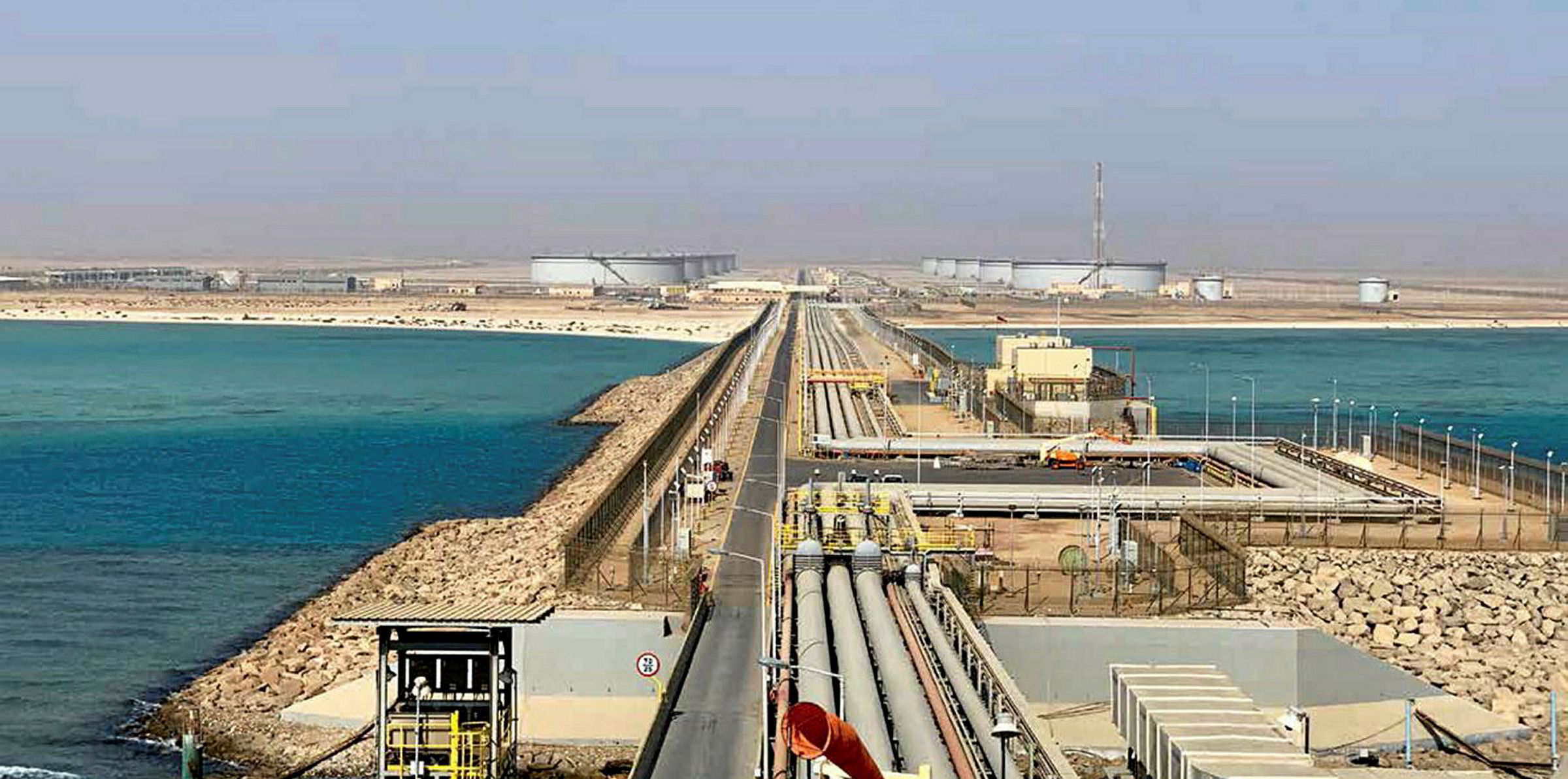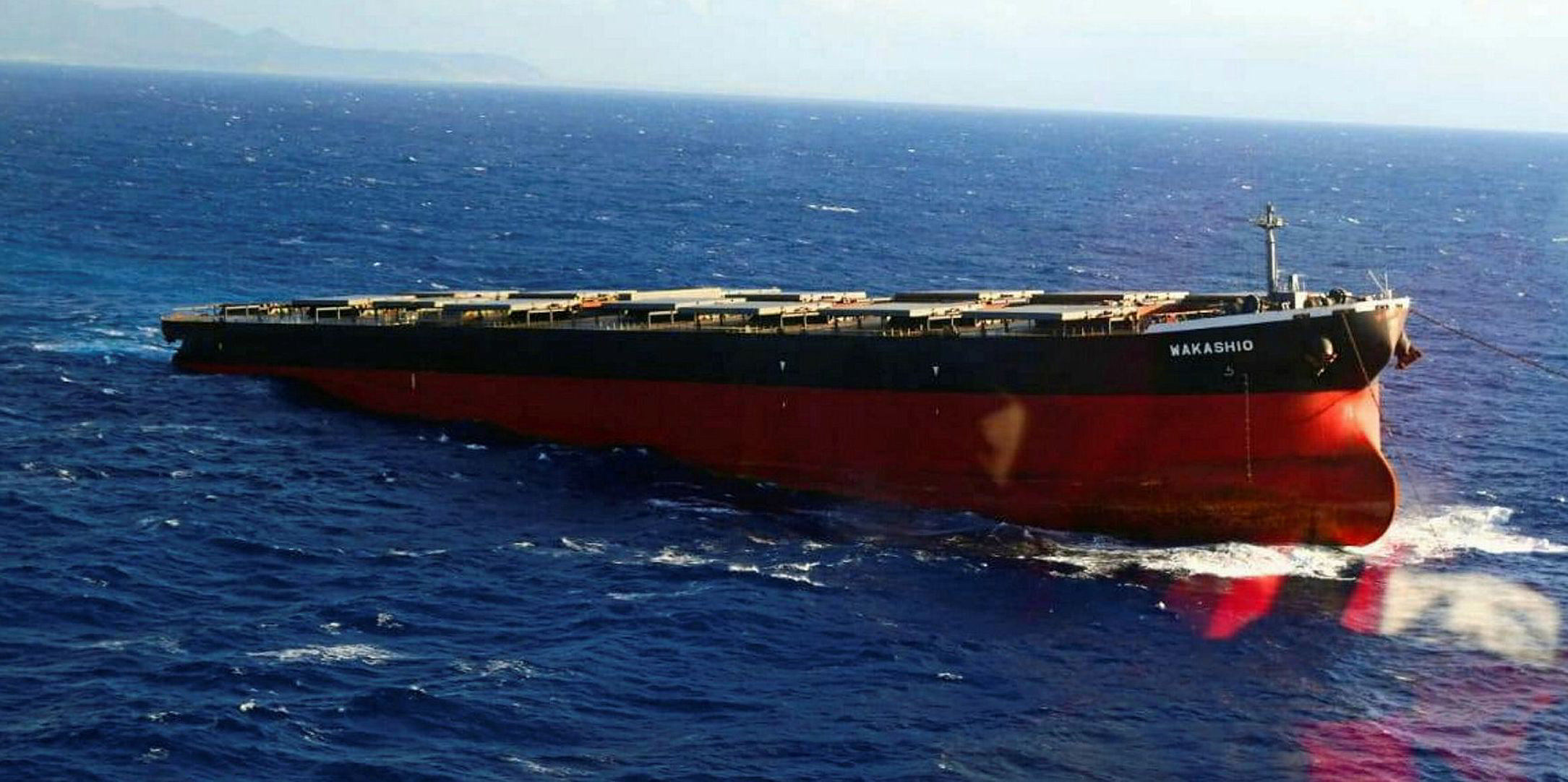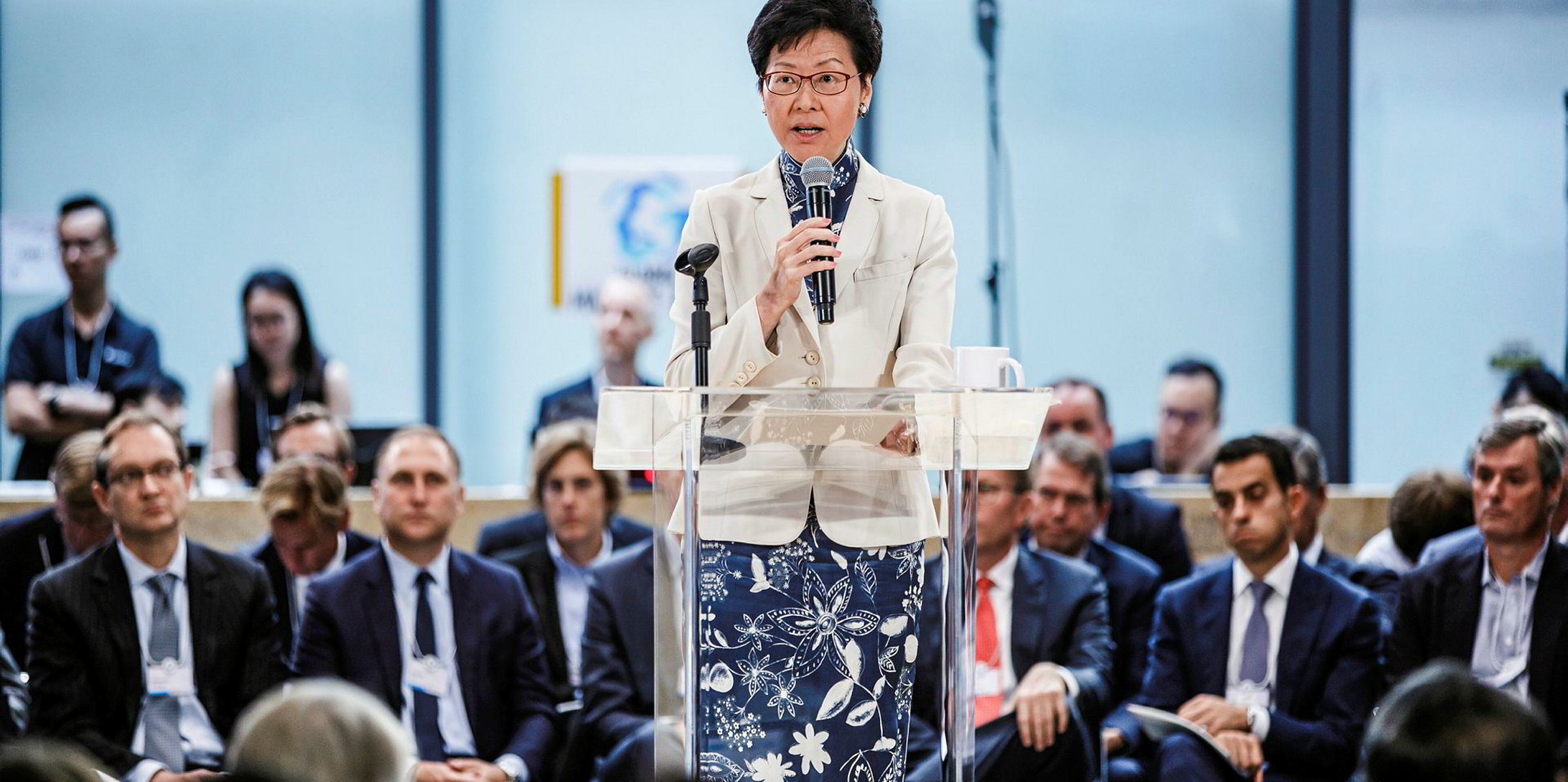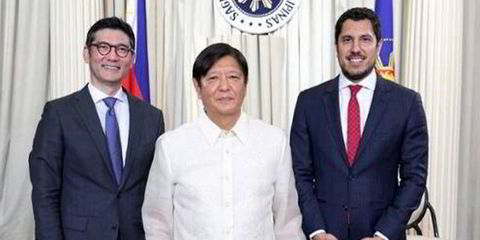The US is working to force the UN to reimpose sanctions on Iran, arguing the Islamic republic violated the 2015 nuclear deal the US withdrew from two years ago and kicking off a tumultuous two years for shipping.
US Secretary of State Mike Pompeo on Thursday notified the UN's Security Council of its demand that the sanctions lifted in exchange for Iran limiting its nuclear programme be put back into place, media reports said.
The US — one of five permanent, veto-wielding members on the council — accused Iran of "significant nonperformance" under the deal, hashed out between the US, Iran, UK, France, Germany, Russia and China five years ago.
US President Donald Trump withdrew from the plan in 2018, kicking off a "maximum pressure" campaign to cripple Iran's economy and topple its ruling regime and coincided with US authorities paying special attention to shipping.
The reimposed US sanctions hit practically every Iranian merchant vessel and shipping company, pushing Tehran to use various front companies and so-called "deceptive shipping practices" to conduct its trades.
The sanctions also hit companies and ships from other countries, most notably sanctions against Cosco Shipping Energy Transportation subsidiaries that sent charterers fleeing from any ship connected to the Chinese tanker owner and rates skyward.
The move also comes as tensions in the region have risen even further after the US announced it had confiscated Iranian gasoline aboard four Greek-linked ships destined for Venezuela last week. The move reportedly had the consent of the ships' owners.
Iran then had its forces board a fifth tanker with connections to the owners, in what was largely described as retaliation for giving in to US demands.
Despite the US withdrawal, government officials have argued they still have the authority to demand the sanctions be put back in place, a process called "snapback".
The Washington Post reported the US legal rationale for being able to reimpose the sanctions has been rejected by the other permanent members of the Security Council: the UK, France, Russia and China.
The formal request gives the Security Council's 15 members 30 days to pass a resolution re-imposing the measures or granting relief or else the sanctions come back into force.
It is widely assumed, the Post said, that the US would veto any relief. The other permanent members could veto sanctions-supporting measures.
If that happens, and the demand is ignored by other members, it could create a crisis of legitimacy for the Security Council, which maintains a blacklist including the so-called Islamic State, North Korea and others.
